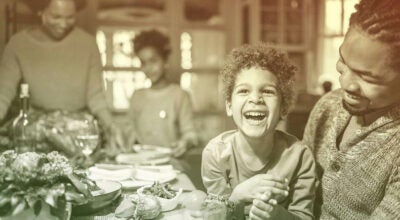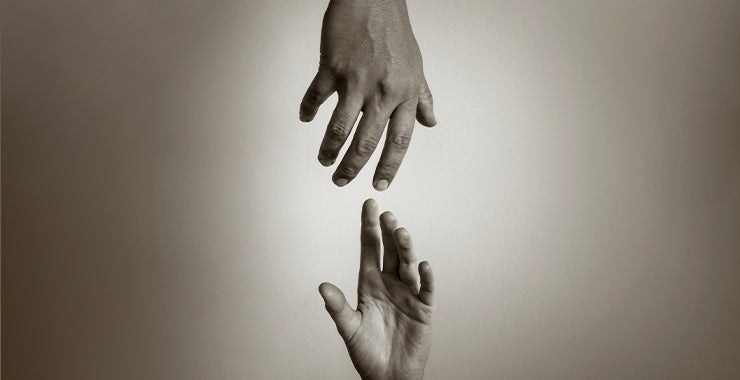Book provides a first-person history lesson
Published 3:50 pm Monday, October 19, 2009
Imagine not being able to go shopping for shoes with your mother because you’ve been told no white person would want to try on shoes that had been on your feet. Or having to enter the local movie theater by an outside staircase to the balcony – the only place people of your color are allowed. Imagine never knowing what it’s like to study out of a brand-new textbook.
Those are the some of the inequalities Peggy Vonsherie Allen faced as a young black girl growing up in south Alabama in the 1960s. Allen, a 1978 Greenville High School honor graduate has worked over 20 years as deputy director of traffic and safety engineering for DeKalb County, Ga.
She returned to her hometown last Saturday for a book signing of her memoir, The Pecan Orchard: Journey of a Sharecropper’s Daughter.
Allen’s book was published by her college alma mater, The University of Alabama, and she is pleased to note it is being used in the classroom as well.
“The book is part of several courses in Women’s Studies, African-American Studies, and Southern History,” she said.
The 12th of 13 children born to hard-working sharecroppers Charlie and Willie Joe Allen, a strong work ethic and knowledge of the value of a dollar was impressed upon Allen from an early age.
In spite of a disabling case of rickets that prevented her from walking until age three, her father put her to work with the rest of the family, chopping and picking cotton, working row after row of vegetables and taking care of household chores in their rustic home in a pecan orchard half-way between Georgiana and Greenville.
The Pecan Orchard is written in a simple and unvarnished manner, taking the reader back to the days of Jim Crow and segregation. While times were hard, there is no bitterness or rancor in Allen’s narration.
A gentle thread of humor – her grandfather’s childhood high-jinks while “sitting up” with the dearly departed, her baptism in a cow pond and the resulting fear of cow poop squishing between her toes, and baby sister Diane being chased by the family rooster she had tormented one too many times – runs through the book.
Allen’s memoir also provides an excellent history lesson in old-time ways such as hog killings and cane syrup making and paints vivid portraits of some of those who impacted her life, in both good and bad ways, as a child.
The Pecan Orchard illustrates the power of faith and family and the resilience of the human spirit. And, as Allen says in the last chapter of the book, “Well, through everything somehow we survived.” She adds, “My story is not done. There are many places I have not yet seen and many things I have not yet done. This is only the beginning. I look forward to tomorrow’s sunrise.”
The Pecan Orchard is available through amazon.com and bn.com. It will also soon be available as a Kindle e-book selection, the first book published by The University of Alabama Press offered in that format.





